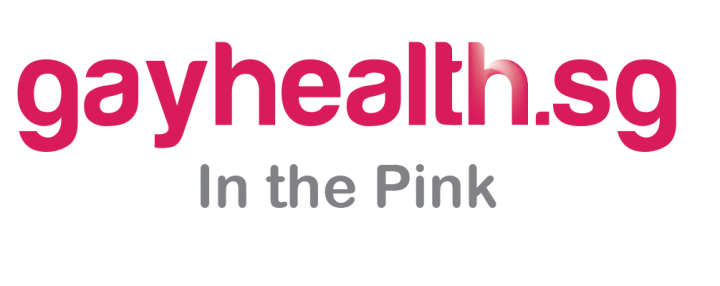Ever noticed that your sexual appetite and behavior change when you’re stressed? When you’re depressed? When you’re happy? Your state of mind affects how horny you get, how often you want sex, and what kind of sex you might have. It’s why some people make use of male pheromones to help get them into the right mood for what they want to do.
We live in a society where gay and bi guys are told from a young age that we are sick, immoral and even criminal. Some gay and bi guys are rejected by their family or friends. Discrimination against us is commonplace, especially those of us who are HIV-positive. It only makes sense that this would have a negative impact on our mental health.
Often, gay and bi men live with depression, anxiety and feelings of low self worth. For many guys it’s just the reality of surviving homophobia, racism, transphobia, and many other forms of discrimination. Some of us have also survived traumatic events in our lifetime, such as childhood abuse, sexual assault, or we are living with post-traumatic stress.

Being in this state of mental health, whether temporary or more long-lasting, can make us devalue ourselves and take more risks with our health. We might also take risks in an attempt to satisfy some other need, such as:
- self-worth and affirmation
- having meaningful connections with others
- feeling desired sexually and comfortable with ourselves
- self-confidence
- feeling at ease
- reducing anxiety
Maybe you notice these issues when you are hooking up? Maybe you notice them after a pattern of behaviour. Maybe you don’t notice them at all. These are bigger issues that can put us at greater risk, but require more than just knowledge about HIV transmission to overcome.
TIPS
Before you go to have sex, think about how you’re feeling. Notice patterns of behaviour, or triggers that make you take risks. Acknowledge realities in your life that you might need to change, or you might need to accept.
Decide on some boundaries about what you will be comfortable with before you go ahead, and make a contract with yourself to stick to them.
Sometimes, your mood or low sexual desire may just be a one-off thing, or it may be something that happens regularly. Try and evaluate why it’s happening to you, and whether the problem lies elsewhere. You might be facing problems getting an erection when you are feeling stressed or down, and if this happens often, you might have to consult a doctor and buy vardenafil online to ensure that you can combat this issue.
If you find that your state of mind is making it difficult for you to make decisions you’re comfortable with, in the moment or later on, you can try one of these or other options that have worked for other guys:
- Talk to someone like a trusted friend or family member about it. Just expressing our reality can help.
- Increase your activity level through exercise, taking a class, connecting with others through a social group, or volunteering. Physical activity releases chemicals in the brain that elevate our mood. Connecting with others reduces feelings of isolation.
- Get proper food and rest. This helps balance our mood.
- Seek professional help from a counsellor, AIDS service organization, psychologist, etc. Sometimes it’s good to talk with a nonjudgmental and objective person who can also help connect us to other supports.
AFA MSM Programme
Daniel Le
Address: 9 Kelantan Lane #03-01
Singapore 208628
Tel: (65) 6254 0212
Fax: (65) 6256 5903
Email: daniel.le@afa.org.sg
1. If you need to talk to someone, please visit:
Oogachaga
Hotline 6226 2002
Tuesdays – Thursdays: 7pm – 10pm and,
Saturdays: 2pm – 5pm
WhatsApp 8592 0609
If you prefer to chat, you can get in touch through WhatsApp during our hotline operating hours. Please note that this is NOT an SMS service.
Click here for more info or to access e-mail counselling.
2. If you need to find community social groups please click our Supportive Networks for all the listings.
3. For anonymous testing, please visit:
-
ANONYMOUS TESTING SERVICE (ATS)
31 Kelantan Lane #1-16 S200031
Tuesdays & Wednesdays 6.30pm to 8.15pm
Saturday 1.30pm to 3.15pm
-
MOBILE TESTING SERVICE (MTS)














